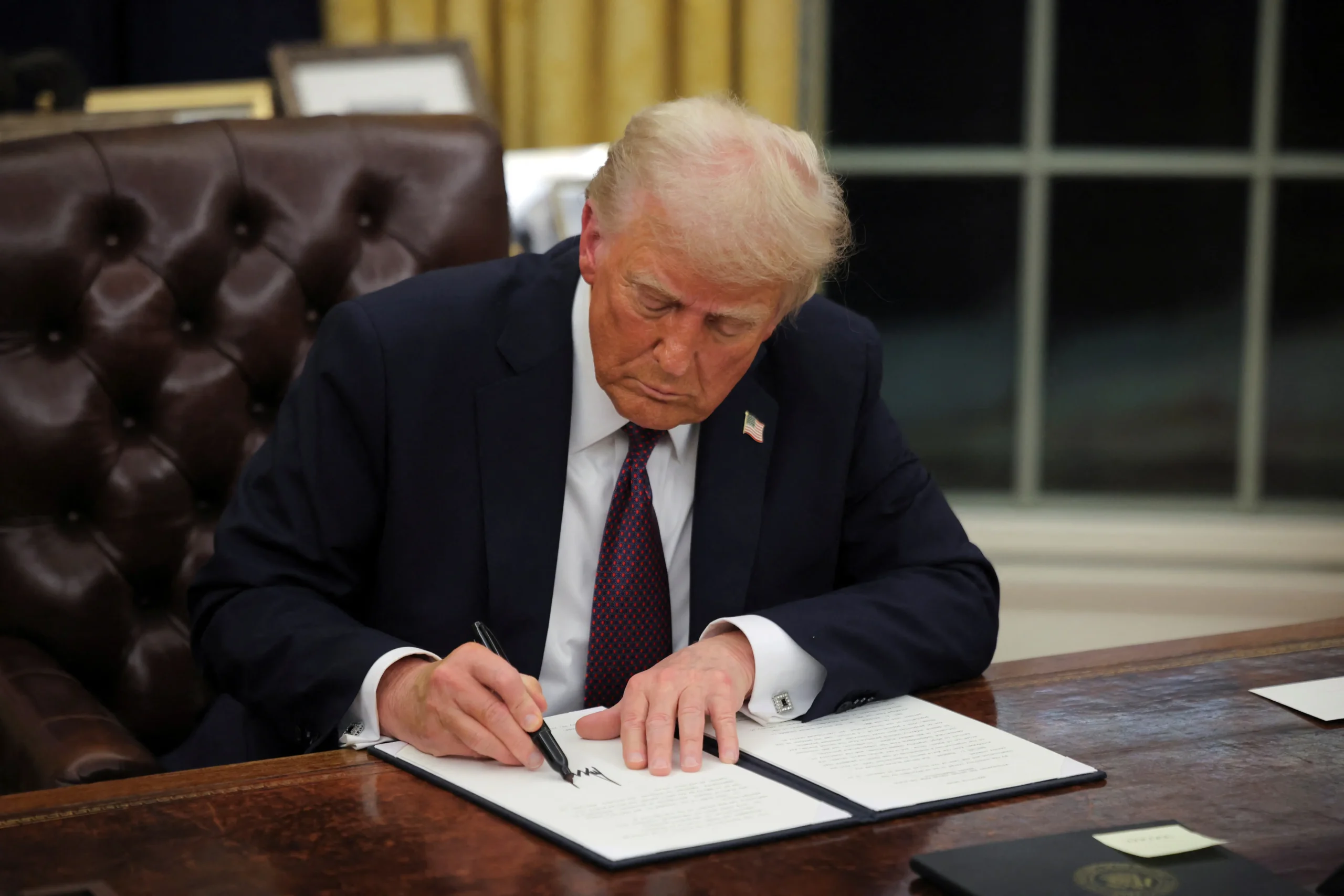Syria’s Rebel Groups Face Challenge of Unifying amid New Power Shift
As insurgent groups surged across Syria in a surprise offensive late last year, the country’s future remains in question as a new coalition of rebel factions begins to carve out its role as the de facto authority. The rapid military advancements, spearheaded by the Islamist group Hayyat Tahrir al-Sham (HTS) from the north and supported by southern rebel factions, have thrown Syria’s political landscape into turmoil. In early December, officials from Turkey, Russia, Iran, and several Arab nations convened in Qatar to discuss a potential political transition and peace talks with President Bashar al-Assad. They agreed to halt the insurgent advance in Homs, with hopes of mediating talks with the Syrian government. However, southern insurgents pushed toward the capital, Damascus, and HTS forces quickly followed from the north, ultimately taking control of key areas. Assad, facing overwhelming pressure, fled. Since the offensive, HTS has consolidated power as Syria’s interim governing authority. The group, considered the most organized of the rebel factions, has sought to establish control over the country while coordinating efforts with fighters from the south. However, the challenge of unifying the various rebel groups with differing ideologies and leadership styles has sparked tensions, particularly as some factions remain wary of HTS dominance. Ahmad al-Sharaa, leader of HTS, has advocated for a unified national army and security forces to maintain order, while the interim defense minister, Murhaf Abu Qasra, has engaged with various armed groups in a bid to solidify control. However, some prominent leaders, such as southern commander Ahmad al-Awda, have refused to participate, raising doubts about the future of the proposed unity. The southern province of Daraa, considered the birthplace of Syria’s 2011 uprising, has become a focal point for the ongoing struggle. Rebel leader Mahmoud al-Bardan recalled how, in the face of Assad’s violent crackdown on protests, they had been forced to take up arms. Unlike the Islamist-dominated north, the southern factions have long been seen as more localized and less ideologically aligned, receiving backing from Jordan and the U.S.



